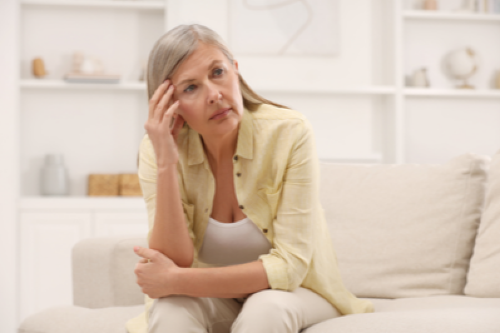1. A Shee - Delivering Convenient & Affordable Healthcare, Lda. (SHEE), com o NIPC
517050366 e sede na Rua D. João V, N.º 29-C, 1250-089 Lisboa (Portugal), em
corresponsabilidade com as demais entidades identificadas como corresponsáveis na
Política de Privacidade, irá tratar os seus dados pessoais para diligências pré-contratuais a
seu pedido (o titular dos dados) e execução de um contrato (os Termos e Condições de Uso
aceites com o registo) no qual é parte.
2. A SHEE irá conservar estes dados durante até que o seu registo e conta (contrato) com a
SHEE seja terminado por si ou pela SHEE, de acordo com os Termos e Condições de Uso.
3. O fornecimento dos dados pessoais é obrigatório para criação do registo e conta e posterior
acesso aos produtos e serviços da loja online, pelo que sem estes dados pessoais não será
possível criar a sua conta.
4. A SHEE poderá comunicar os seus dados pessoais a prestador(es) de serviços no âmbito
do cumprimento da finalidade descrita, sem prejuízo de comunicações que resultem por
obrigação legal e/ou regulamentares, nomeadamente, junto a autoridades públicas.
5. Poderá exercer os seus direitos previstos na legislação (acesso, retificação, apagamento,
limitação, oposição, portabilidade), sem prejuízo do direito a apresentar reclamação à
autoridade de controlo competente (www.cnpd.pt), através de contacto escrito para o email
falecomigo@shee.pt.
6. Pode ainda alterar ou retificar os seus dados a qualquer momento na sua área de utilizador.
7. Pode saber mais sobre a forma como os seus dados serão tratados contactando a SHEE
através do email falecomigo@shee.pt, ou, consultando a nossa
Política de Privacidade.
A Shee - Delivering Convenient & Affordable Healthcare, Lda. (SHEE),
com o NIPC 517050366 e sede na Rua D. João V, N.º 29-C, 1250-089 Lisboa
(Portugal), em corresponsabilidade com as demais entidades identificadas
como corresponsáveis na
Política de Privacidade, irá tratar os seus dados
pessoais para diligências pré-contratuais a seu pedido (o titular dos dados) e execução de um contrato (os Termos e Condições de Uso aceites
com o registo) no qual é parte.
